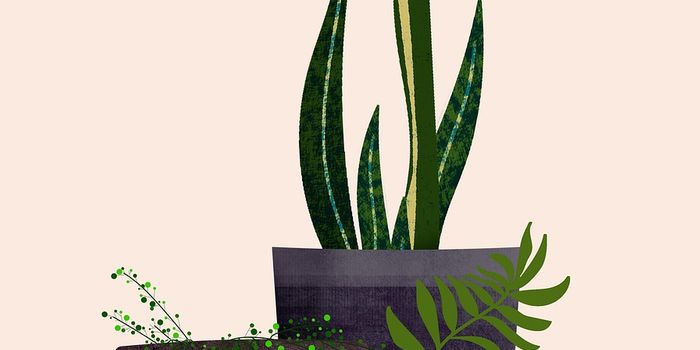The pros and cons of agroforestry
Research published in the journal Conservation Letters highlights the importance of considering land-use history when evaluating the role that agroforestry plays in sustainability and conservation management. The study, conducted by scientists from the University of Göttingen, analyzed how the cultivation of coffee, cocoa, and vanilla impacts changes in land-use throughout time.
Many small-holder farmers in the tropics depend on these three crops for their livelihoods. Cultivation of these crops often utilizes agroforestry systems, meaning that crops are combined with trees that provide shade in order to create more diverse and resistant cultivation.
But agroforestry systems cannot be confused with native forests - the presence of crop cultivation greatly changes land-uses, which in turn directly affects habitats. For example, an agroforest with its undergrowth removed and planted with vanilla vines, coffee or cocoa bushes loses many plant and animal species as well as crucial ecosystem services.
But agroforests can also look quite different, with the intentional planting of forest species to inhabit an open space that had been previously cleared for farming, such as a pasture or cornfield. With this type of agroforestry scenario, reforestation provides previously-lost benefits to the system, storing carbon, cooling the area, and recreating habitat for wildlife.
This clear distinction between types of agroforestry systems was what researcher Dominic Martin wanted to investigate in his research. "Our results show that agroforestry systems can only lead to a significant enhancement of the landscape for biodiversity if they are established on open land," says Dominic Martin, who is the first author of the study. "The conversion of the remaining species-rich tropical forests into coffee, cocoa or vanilla plantations should, however, be avoided."
To conserve these tropical forests when people are desperate for income-generating agriculture will require strong incentives. Professor Holger Kreft, Head of the Biodiversity, Macroecology and Biogeography Group at the University of Göttingen comments, "Sustainability labels should take this into account and avoid giving certification to plantations that were previously forest. It is really only in this way that the ecological advantages of cultivation in agroforestry systems can be achieved. This can then help to ensure that our morning coffee can be enjoyed without a bitter aftertaste."
Sources: Conservation Letters, Science Daily









